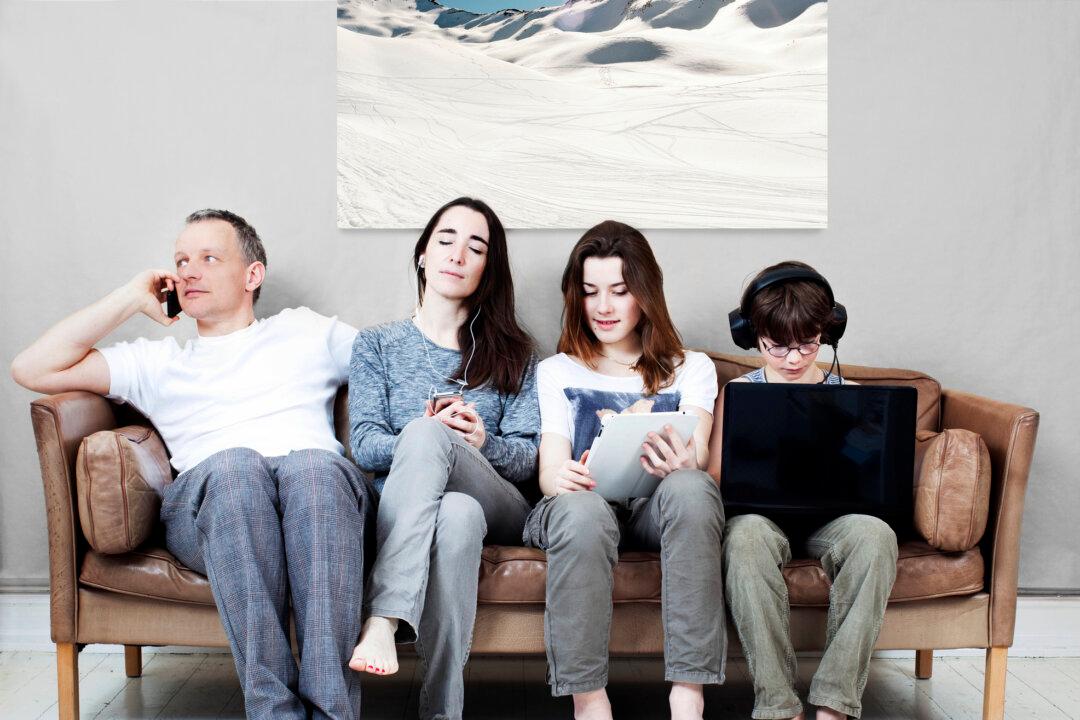Digital devices have become a thorn in the side of many parents. Like opening Pandora’s box, once kids are given access to these glowing screens, it becomes difficult to scale back their use. As this technology garners more influence over our lives, the detrimental effects of its use among children are becoming ever clearer.
I asked Taíno Bendz, founder of Phone Free Day and author of the upcoming book “Tech-Life Balance, 101 Ways to Thrive in a Digital World,” for his advice to parents. Here’s what he said.






